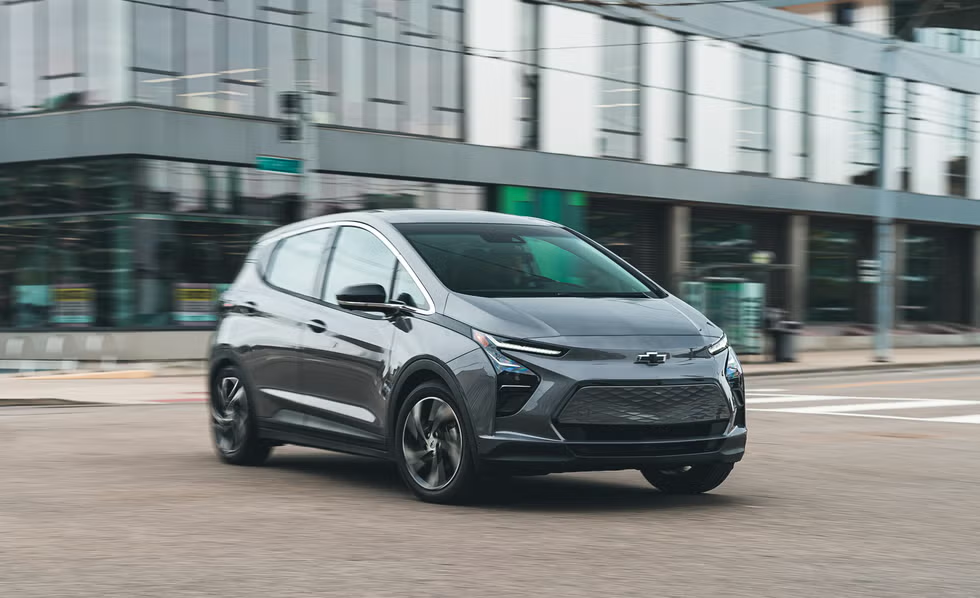In 2024, the automotive industry is at a fascinating crossroads as electric vehicles (EVs) continue to surge in popularity. According to Bloomberg Green, global EV sales are expected to hit over 14 million this year, representing a 35% increase from 2023. With such rapid growth, consumers are faced with a pivotal decision: should they invest in an EV, a hybrid, or stick with traditional gasoline-powered vehicles? This article will explore the value proposition of each option, helping you decide which is truly worth your hard-earned money.
EVs: The Future of Driving?
Electric vehicles are touted as the future of transportation due to their environmental benefits and advancing technology. But what exactly makes them a compelling choice in 2024?
Advantages of EVs
- Environmental Impact: EVs produce zero tailpipe emissions, significantly reducing air pollution and aiding in the fight against climate change. According to the IEA, switching to EVs can cut CO2 emissions by up to 50% over the vehicle’s lifetime.
-
Cost-Efficiency: While the upfront cost can be higher, EVs often have lower operating costs. Electrek reports that charging an EV can be up to 50% cheaper than fueling a gas car, depending on local electricity rates.
-
Government Incentives: Many countries offer tax credits and rebates for EV purchases. For instance, the U.S. federal tax credit for EVs can be as much as $7,500, according to InsideEVs.
Considerations
-
Range Anxiety: Despite improvements, range anxiety remains a concern for some drivers. However, models like the Tesla Model S and Lucid Air now offer ranges exceeding 400 miles on a single charge.
-
Charging Infrastructure: While charging networks are expanding rapidly, availability can still be spotty in rural areas. Companies like Rivian and Volkswagen are investing heavily to improve this, promising 10,000 new fast chargers by 2025.
Hybrids: The Best of Both Worlds?
Hybrids offer a middle ground, combining a traditional internal combustion engine with an electric motor. But do they provide the best of both worlds?
Advantages of Hybrids
- Fuel Efficiency: Hybrids typically offer better fuel economy than gas cars. For example, the Toyota Prius averages about 56 MPG, significantly outpacing most gas-only vehicles.
-
Lower Emissions: While not as green as EVs, hybrids like the Hyundai Ioniq produce fewer emissions than their gas counterparts, contributing less to overall pollution.
-
No Range Anxiety: With the ability to switch between electric and gasoline power, hybrids eliminate the fear of running out of power on long trips.
Considerations
-
Complexity and Maintenance: Hybrids have more complex systems that can lead to higher maintenance costs over time.
-
Limited Electric Range: Most hybrids offer only 20-50 miles of electric range before relying on gasoline, which might not suffice for those looking to minimize fossil fuel use.
Gasoline Cars: Tried and True?
Despite the rise of EVs and hybrids, gasoline cars still account for a significant portion of vehicle sales. Do they still offer value in 2024?
Advantages of Gasoline Cars
- Lower Initial Cost: Gasoline vehicles generally have a lower purchase price compared to EVs and hybrids, making them accessible to a broader audience.
-
Widespread Infrastructure: Gas stations are abundant, providing unparalleled convenience for long-distance travel without the need for charging stops.
-
Familiar Technology: Many drivers are more comfortable with the familiar mechanics of gas cars, avoiding the learning curve associated with EVs and hybrids.
Considerations
-
Environmental Impact: Gasoline cars are significant contributors to air pollution and greenhouse gas emissions, with no end in sight for rising fuel costs.
-
Maintenance Costs: Over time, maintenance for gas vehicles can add up, particularly with engine repairs and regular oil changes.
Practical Tips for Buyers
When considering your next vehicle, it’s essential to evaluate your personal needs and lifestyle. Here are some tips:
- Calculate Total Cost of Ownership: Consider initial price, fuel/charging costs, maintenance, and potential incentives. Websites like Edmunds offer calculators to help with this.
-
Test Drive Different Models: Experience the driving dynamics of EVs, hybrids, and gas cars to see which suits your preferences.
-
Research Charging Options: If considering an EV, look into local charging infrastructure and home charging options. Companies like ChargePoint and Tesla provide extensive maps and home solutions.
Conclusion: The Best Value in 2024
In 2024, the best value vehicle depends on your priorities. If environmental impact and long-term savings are top of your list, an EV might be the way to go. For those who want a balance of fuel economy and convenience, hybrids offer a compelling option. However, if upfront cost and familiarity are your main concerns, gasoline cars remain a viable choice.
As technology evolves, the automotive landscape will continue to shift, with even more emphasis on sustainability and efficiency. Which path will you take? Let us know in the comments below. As we look to the future, the choice between EVs, hybrids, and gas cars will only get more interesting. Stay tuned for what comes next in this electric revolution!

